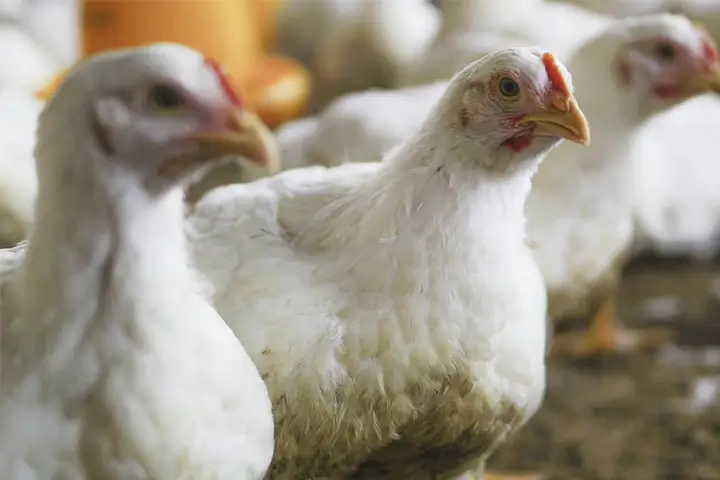
Norfund, the Norwegian state owned investment fund, has taken a decisive step into West Africa food systems by committing US$21.7 million in equity to Société Ivoirienne de Productions Animales, known as SIPRA. For a country where chicken is a staple on household tables, the move is more than a finance story. It is a potential turning point for supply, jobs and the local economy.
SIPRA is not a simple farm. It is a vertically integrated agribusiness that controls feed production, hatcheries, farming operations, processing and sales. That full chain oversight helps the company manage quality, cut production costs and respond faster when demand rises. With fresh capital, SIPRA plans to scale those strengths so domestic shoppers find chicken more available and more affordable, and regional buyers see Côte d’Ivoire as a reliable source.
What the investment will fund
The new equity will be used across three practical fronts. First, SIPRA will expand production facilities to meet rising demand at home and to reach neighboring markets. Second, the company will modernize operations by adopting advanced farming techniques, upgrading processing lines and deploying digital tools for better management and traceability. Third, part of the funds will deepen SIPRA’s relationship with smallholder farmers by providing training, market access and a more stable income stream through the company’s supply chain.
Those are not abstract targets. Better hatcheries and feed capacity reduce mortality and unit costs. Modern processing lines move product faster and meet stricter quality standards. Digital management helps trace inputs and outputs, which is essential for efficiency and for meeting export rules. And bringing smallholders into the fold can turn informal producers into reliable suppliers while spreading income to rural communities.
Why this matters for households and the economy
Poultry is eaten widely because it is a relatively affordable source of protein. Increasing local production reduces pressure on imports and keeps more value inside the national economy. For families that buy chicken weekly, that can mean steadier prices and better access to nutrition. For canneries, retailers and restaurants, more local supply reduces uncertainty and protects jobs.
The social effects could be significant too. SIPRA’s expansion is expected to create new employment opportunities within farms and processing plants and across supporting industries such as feed production, logistics and maintenance services. Women and young people are likely to benefit, since they make up a large share of the workforce in poultry value chains.
Why Norfund’s involvement is noteworthy
Norfund’s mandate is to back private sector projects that promote long term development in emerging markets. The SIPRA investment fits that mission: it targets food security, employment, and local value creation. Equity investment from a development investor also signals confidence to other funders and can help unlock additional private finance.
Beyond capital, such investments often bring governance standards, operational best practices and a longer term perspective on sustainability and social impact. For SIPRA, that could translate into better farm management, higher animal welfare standards, more rigorous food safety controls and stronger links with local communities.
Smallholders at the center
A key part of SIPRA’s plan is to involve smallholder farmers directly. That means training on best practices, guaranteed market access through supply contracts and predictable payment terms. For many rural households that sell birds or inputs informally, these arrangements offer a route to regular incomes and to investments that make farms more productive.
Integrating smallholders is also a strategic move for SIPRA. It secures local supply, increases raw material availability and spreads economic benefits geographically. Done well, the model can reduce poverty in farming communities while building a resilient procurement network for the company.
Regional potential and export opportunities
If SIPRA succeeds in scaling production and meeting quality standards, Côte d’Ivoire could become a stronger player in West African poultry markets. Regional trade would keep more value within the continent and create export linked jobs across packing, cold chain management and transport. That broader market horizon makes the investment not only a national priority but a regional economic opportunity.
Challenges to watch
Growth will not be automatic. Poultry expansion faces practical hurdles such as securing feed at competitive prices, managing disease risks, building cold chain logistics and navigating regulatory environments. Ensuring that smallholders are not locked into unfavorable contracts will require transparent deal structures and effective monitoring. Environmental safeguards and biosecurity measures must be built into expansion plans to avoid risks to animal health and ecosystems.
A pragmatic next chapter
Norfund’s US$21.7 million equity injection gives SIPRA the muscle to modernize and expand at a critical moment. The combination of vertical integration, a focus on smallholder inclusion and development oriented capital makes this more than a corporate expansion. It is an investment in a more secure food system, in rural livelihoods and in the industrial backbone that keeps value in Côte d’Ivoire.
For consumers, it could mean cheaper and more reliable access to protein. For rural families, it can mean steadier incomes. For the economy, it is a step toward stronger domestic supply chains and regional competitiveness. If execution matches ambition, this deal will be remembered as one that helped turn local potential into lasting impact.
Stay updated with the latest farming tips and agriculture industry news from Africa by subscribing to our newsletter. Don’t miss out on valuable insights and updates. Follow us on Twitter, LinkedIn, and Facebook to join our farming community and stay connected with us.


















